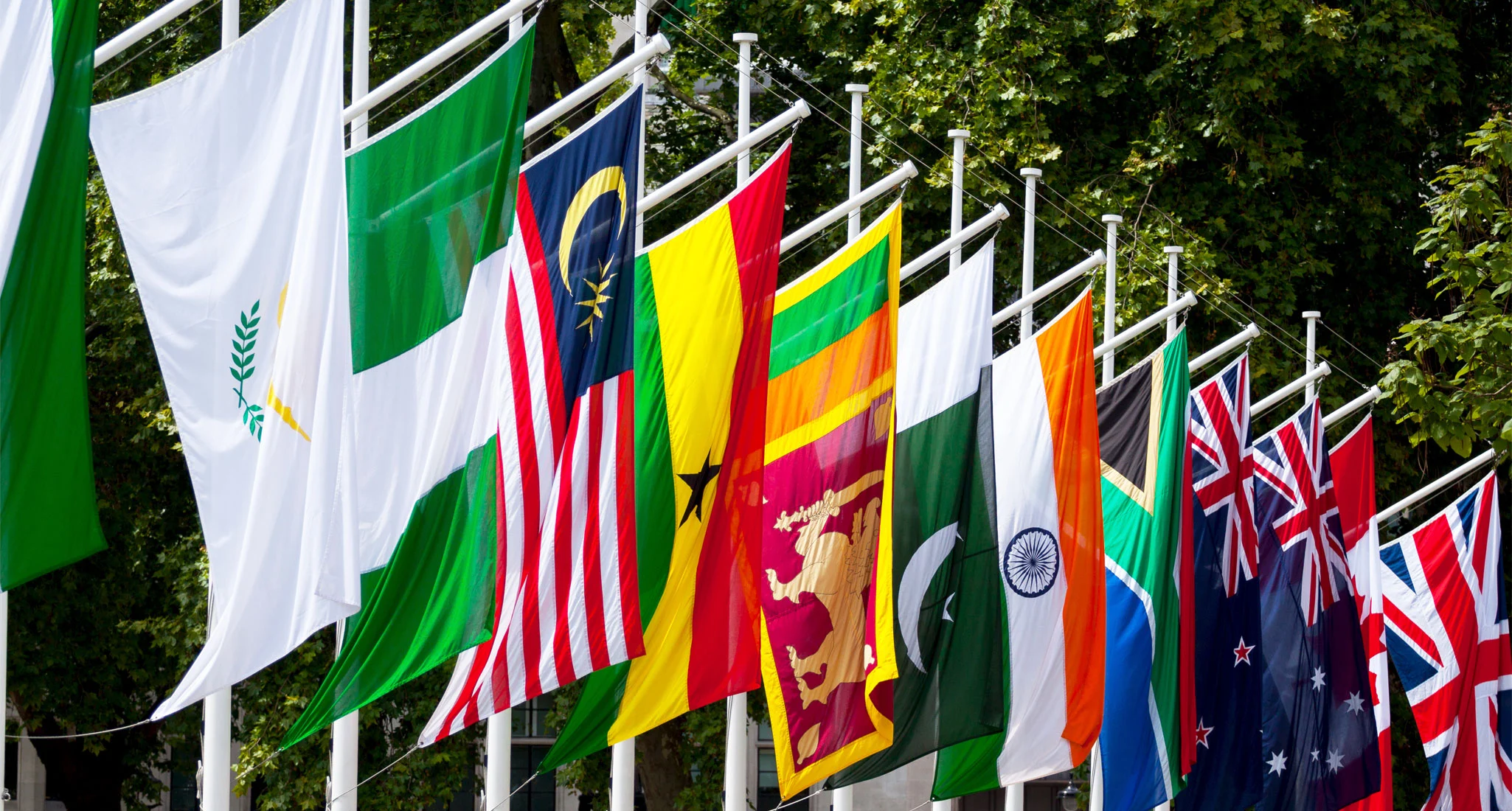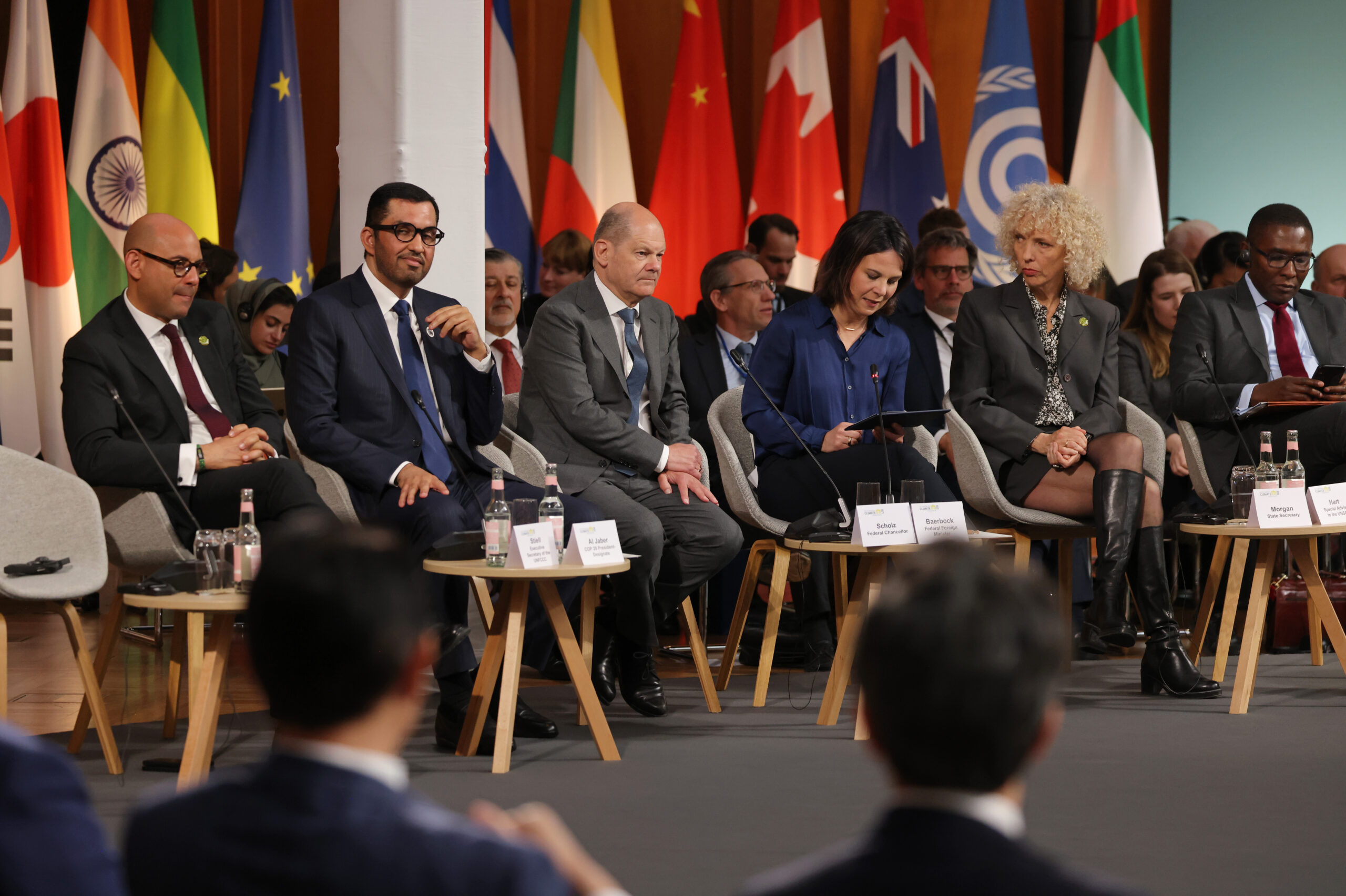A recent study published by the international development charity, Christian Aid, has highlighted the devastating economic impact climate change will inflict on Commonwealth countries.
The report coming on the hills of the coronation of long-time environment campaigner King Charles III lays out the grim economic future facing Commonwealth countries and underlines the deep climate inequality within the bloc.
The study, titled “The climate cost to the Commonwealth”, was led by Marina Andrijevic, an economist at the International Institute for Applied Systems Analysis in Vienna, who said by 2050 and 2100 the economies of these countries are still expected to be higher than they are today.
This study highlights the amount of damage caused to their GDP by climate change, compared to a scenario where climate change didn’t take place.
Estimates based on peer-reviewed methodology by Burke et al show that on current climate policies, where global temperature rise reaches around 2.7C by the end of the century, Commonwealth countries can expect to suffer an average GDP hit of -19% by 2050 and of -63% by 2100.
It says Even if countries keep global temperature rise to 1.5C as set out in the Paris Agreement, Commonwealth nations face a mean GDP reduction of -13% by 2050 and -32% by 2100.
According to the study, “This underlines the need to get the new Loss and Damage Fund up and running urgently with rich countries providing their fair share of finance, based on the polluter pays principle, even if countries succeed in keeping global heating under 1.5C.
“The country facing the worst projected GDP hit is Nigeria, which last year was struck by flooding in West Africa which killed more than 600 people and displaced 1.3 million,”.
The study shows that under current climate policies, Nigeria faces a GDP reduction of -26% by 2050 and -75% by 2100 compared to if there was no climate change. Even in a 1.5C scenario, Nigeria can expect a GDP blow of -18% by 2050 and -43% by 2100.
Per person, the UK emits 64 times more carbon than fellow Commonwealth nation Malawi. Canada emits more than 179 times more and Australia, 188 times.
In fact, the per capita emissions of the Commonwealth’s richest four countries (UK, Australia, Canada, and New Zealand), is 41.1 tons of C02, which is 23 times larger than the 10 least emitting per capita Commonwealth countries combined (1.78 tons).
The study estimates the economic damage caused by climate change on GDP for 40 of the 56 Commonwealth countries where data is available. The methodology used here doesn’t factor in adaptation measures, so greater investment in adaptation could potentially alleviate some of the damage.
The derisory amounts that richer governments are committing to adaptation support for the poorest are one of the issues that climate campaigners are demanding is addressed at COP28 in Dubai.
The countries most affected are also the ones with very low capacities to adapt, as outlined in the ND-GAIN index of vulnerability and adaptative capacity so it is unreasonable to expect that they will be able to reduce these damages very substantially.
Christian Aid CEO Patrick Watt, said the findings underline the deep injustice at the heart of the climate crises.
“These findings underline the deep injustice at the heart of the climate crisis. The Commonwealth countries that contribute least to the problem stand to be worst affected by rising average temperatures. By the same token, the historic carbon emissions of a handful of the richest Commonwealth members are causing escalating damage to millions of the world’s poorest people.
“The Commonwealth, as a body that brings together some of the heaviest climate polluters and the most climate-vulnerable countries, has a genuine opportunity to model a just and sustainable response to the climate crisis. Commonwealth countries should take the lead in getting the Loss and Damage Fund agreed at COP27 up and running, with rich nations contributing their fair share. And we need to see the major polluters taking immediate action to cut their emissions, to put us on a collective path to a sustainable future,” he said.
By Dare Akogun.





